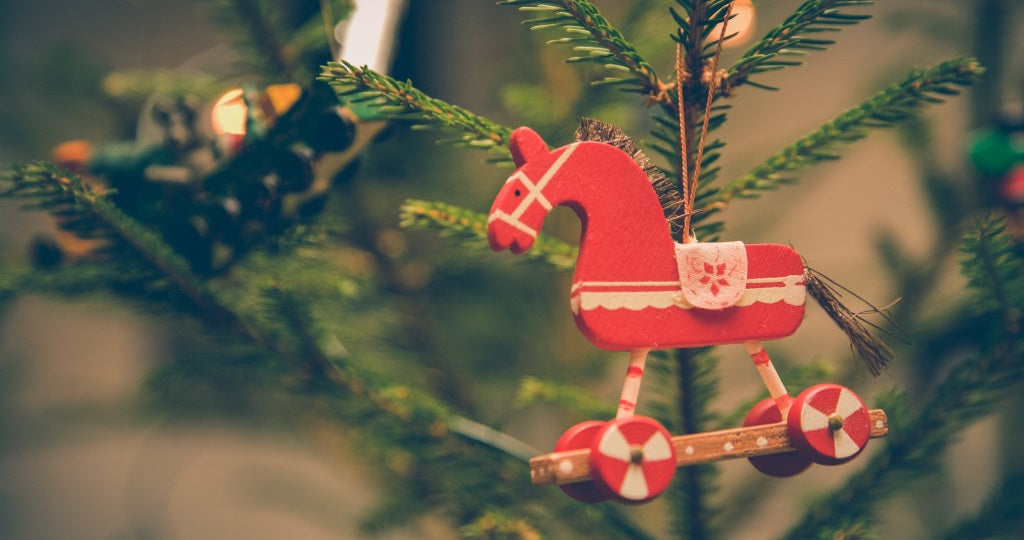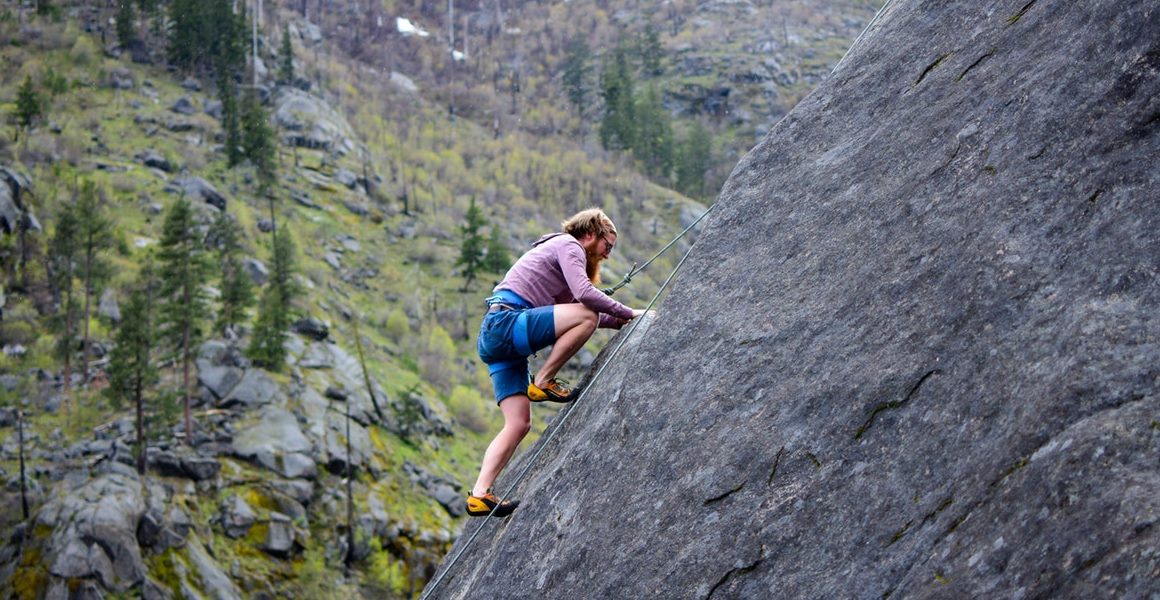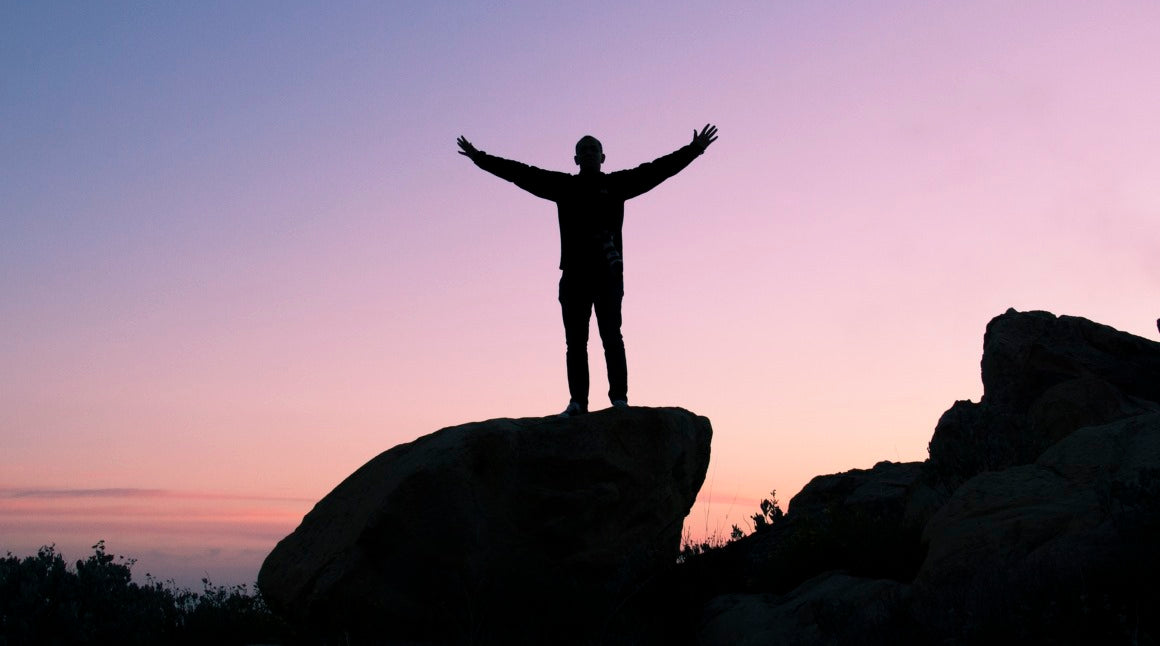Recovery in Action: My Daily 12-Step Routine

We have a saying in 12-step recovery: if you want what we have, you have to do what we do.
But what exactly is it we do?
That varies and depends on who you ask. If you ask someone who has trouble staying clean & sober, someone continually coming back from “a slip”, the answer is likely to be “I go to meetings”.
We have another saying, “meeting makers make it”. The idea is, going to meetings is important, and if you continually go to meetings, you’ll “make it” – meaning you stay clean & sober.
Personally, I don’t subscribe to that notion. It’s been my experience that “meeting makers make it” to meetings.
People who work the program “make it” in recovery.
And there’s a big difference between the two.
Let me point out, 12-step recovery revolves around a 12-step program.
Meetings are the fellowship, not the program.

The program is the steps, period.
The meetings are there to help the newcomer see, here, and learn about the program. With that, meetings also provide fellowship, a way to meet others seeking recovery.
But if meetings are the beginning and end of your program, you’re in for a very rough road.
Which brings me back to the focus of this post: what do we do besides go to meetings?
Though I can only speak for myself, I’ve gotten to know hundreds of people recovering through 12-step programs, including my sponsor and men I’ve sponsored, and have a very good sense of what others who are succeeding in their recovery do.
But I’ll talk about what I do here.
My Daily 12-Step Recovery Routine
And I’ll point out that what I do has kept me clean & sober, reasonably happy, and growing spiritually for very nearly 15 years.
I start my day by reading one of the many “day at a time” meditation books I own. These include AA’s “Daily Reflections”, NA’s “Just For Today”, and about a dozen other 12-step-based daily meditation books.
Typically I read that day’s passage while having my morning coffee. Then I take my dogs out for their morning walk where we talk about whatever we read earlier.
(Yes, I discuss the daily meditation with my dogs. They don’t always participate in these discussions – but they’re great listeners!)
Back at the house, I spend a few minutes in prayer & meditation where I try to quiet my mind, connect with my God, and humbly ask to know and do His will for me that day.
During the day – I’m self-employed and work from a home office – I’ll speak to at least one person in recovery: my sponsor, a sponsee, or just someone in my ‘recovery circle’. Many days this ends up being a few people over the course of the day.
I should also mention that just about the only people I interact with socially are other people in recovery. It’s just ended up that way – they’re the people I have the most in common with, and “friends” that are drinking or using have long-since fallen away.
Most days I’ll go to an evening meeting, including my homegroup on Thursday’s @ 8:30pm which I try not to miss (I’m also the group treasurer for my home group).
Some days that meeting is an “H & I” commitment in a jail or rehab (“H&I” is “Hospitals and Institutions”, a group within the fellowship that brings meetings into facilities for people who don’t have the freedom to get to meetings otherwise. Lot’s more on that in another blog post).
I try to get to 4-5 meetings a week, though early in my recovery I tried to make a meeting everyday – and some days when I was really struggling to ‘stay’ I might get to more than one meeting.
Personally, at almost 15 years in the program, 4-5 meetings / week is my ‘sweet spot’. It keeps me centered and involved in the fellowship.
Less than 4 meetings in a week and I start to feel it: I’m grouchier, less grounded, and things just don’t seem to go as smoothly.
Finally, I spend a few minutes before bed doing a “10th step inventory” – going over my day in my head, looking for behaviors or things I’ve done for which I need to make amends. This might be someone I treated rudely or badly, something I neglected because I was being lazy or selfish, etc.
After this review of my day – which I should mention I do once I’ve actually gotten into bed – I try to end with a simple prayer of gratitude, thanking God for a day clean & sober, and ticking off some of the (very) many things I have to be grateful for.
While not on a daily basis, I also try to find time each week to get with my sponsor, and to get together with the men I sponsor, where we’ll go over step work together.
If this seems like “a lot”, it really isn’t. It’s actually just a little effort, spread throughout the day.
But it insures that my ‘program’ stays front & center, that my spirituality remains in focus, and that I don’t forget where I came from and what I’m trying to do.
Most importantly, it works.
What are you doing for your recovery?
It doesn't matter whether you're in Alcoholics Anonymous (I go to AA meetings), Narcotics Anonymous (I also go to NA meetings), Gamblers Anonymous, Overeaters Anonymous, Cocaine Anonymous, or any of the other 'XA' meetings - and this includes Alanon, Naranon, Alateen, or any the other 12-step family groups.
The point is this: recovery is hard, but regret is harder.
And recovery is a process. Recovery is NOT meetings although meetings can be a big part of recovery.
Recovery is a program of action that revolves around working the steps - all 12 of them - and an ongoing effort at developing and enhancing our spirituality.
That means a relationship with a "higher power", whether that's God, Jesus Christ, Mohammed, The Force, or anything else that qualifies as a power greater than yourself that has your best interest at heart.
But take it from me: a recovery program of action IS the softer and easier way!
Also in Our Blog

Surviving the Holidays (and Beyond) in Recovery!

My Introduction To 12-Step Recovery
“I’m Michael and I’m an alcoholic”… I can remember the first time I said that and how odd and uncomfortable it felt. Not because I wasn’t an alcoholic or an addict but at that time, I hardly understood what that actually meant. Today I'm clear about who and what I am, and the necessity of living a 12 step lifestyle!



